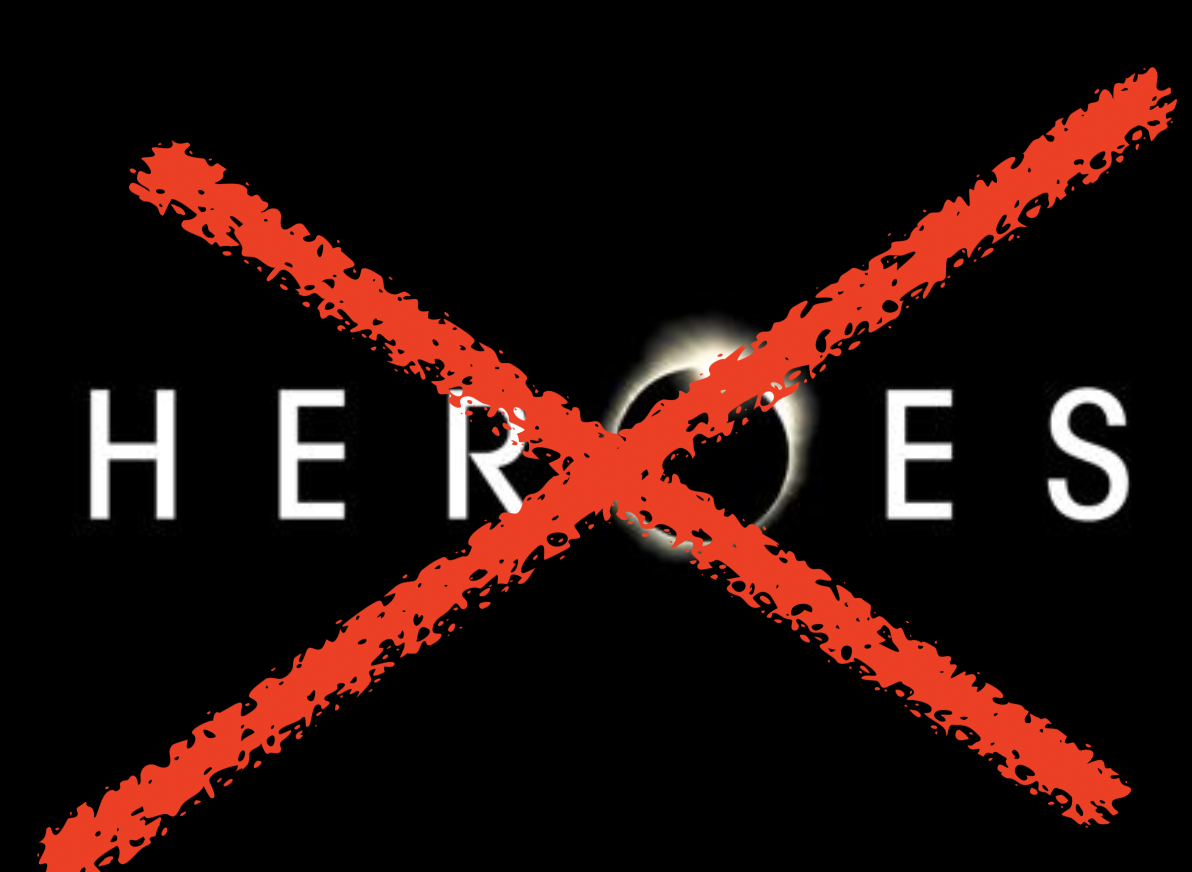An avid childhood reader of comic books, my favourite character was Daredevil, the blind superhero. Agile, with martial-arts prowess and finely-attuned awareness of his surroundings, he had all he needed to dispense vigilante justice in New York’s Hell’s Kitchen neighbourhood. I dreamed of becoming a hero like Daredevil. Sadly, my mother foiled all of my attempts to blind myself and gain heightened senses through exposure to toxic waste and, looking back, my green belt in taekwondo and pig-like flexibility were never going to cut it.

Does everyone dream of becoming a hero at some point? I don’t know. In any case, I think we American Christians (well, white American Christians, anyway) so often see ourselves as the heroes of the story — long-suffering and stalwart champions of the truth.
It’s cool to play the hero. Even better is playing the underdog hero, with a rogue’s gallery of enemies. And the part of the underdog only works if those enemies wield almost overwhelming, even demonic, power.
We W.A.S.P. Christian heroes routinely trot out our own run-down of ‘villains’, placed in the world to test our perseverance. You’ve probably seen the list: socialists, feminists, Democrats, globalists, the media, the gays, Hollywood celebrities…Who am I forgetting? Oh yeah, the Clintons. They’re all in it together. Their primary agenda is to persecute and destroy God’s chosen ‘real Americans’.
Yet who does scripture place in the role of the heroes. So often, the prophetic voices champion the poor and oppressed. It’s a thread that the gospels themselves pick up on. Jesus opens his public ministry with these words from Isaiah:
“The Spirit of the Lord is upon me,
Luke 4:18
because he has anointed me
to bring good news to the poor.
He has sent me to proclaim release to the captives
and recovery of sight to the blind,
to let the oppressed go free…”
Or consider Luke’s version of the Beatitudes two chapters later:
“Blessed are you who are poor,
for yours is the kingdom of God.
Blessed are you who are hungry now,
for you will be filled.
Blessed are you who weep now,
for you will laugh.Blessed are you when people hate you, and when they exclude you, revile you, and defame you on account of the Son of Man. Rejoice in that day and leap for joy, for surely your reward is great in heaven.”
Luke 6:20-23
My smarter and more studious friend, Ben, once preached on passages like these and remarked (as noted above) that we regularly cast ourselves in the role of the heroes in our readings of Jesus’ words and parables — in other words, as the poor and the persecuted.
But we’re not the poor and we’re not the persecuted. By the standards of the vast majority of the world, we’re clearly the wealthy. Beyond that, white American Christians (especially white American Christian males) have enjoyed significant power in society over many years and have, at numerous times, acted as the oppressors of the poor and minorities. (It’s not surprising, now that our prestige and leverage are no longer automatic, that such a shift is perceived as ‘persecution’.) No, we’re not the heroes of the gospels; we have a lot more in common with ‘the bad guys’.
Ouch. That’s a sobering thought, but maybe, if we sit with it, if we allow it to soak in, it might foster in us some much-needed humility. With enough humility, we might abandon the self-important persecution complex that envisages a conspiracy against us, fomented by an array of imaginary villains. We might also speak and act more boldly and deliberately for the actual poor and the actual oppressed.
And maybe, given enough time and change, we could find our way beyond the halls of affluence and supremacy, back to the margins of society, where the church has done so much of its finest work.
Maybe then, we could be heroes.


Leave a Reply